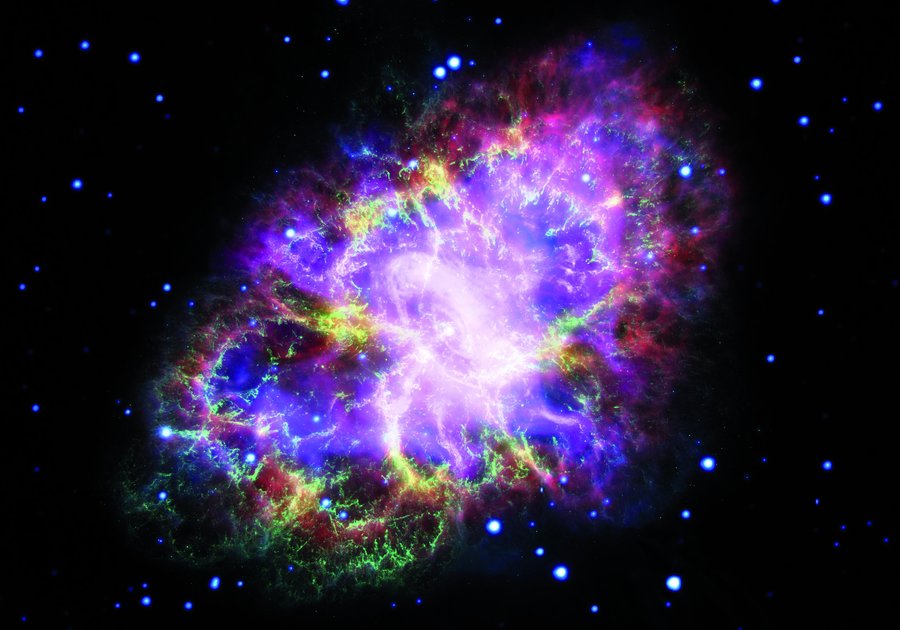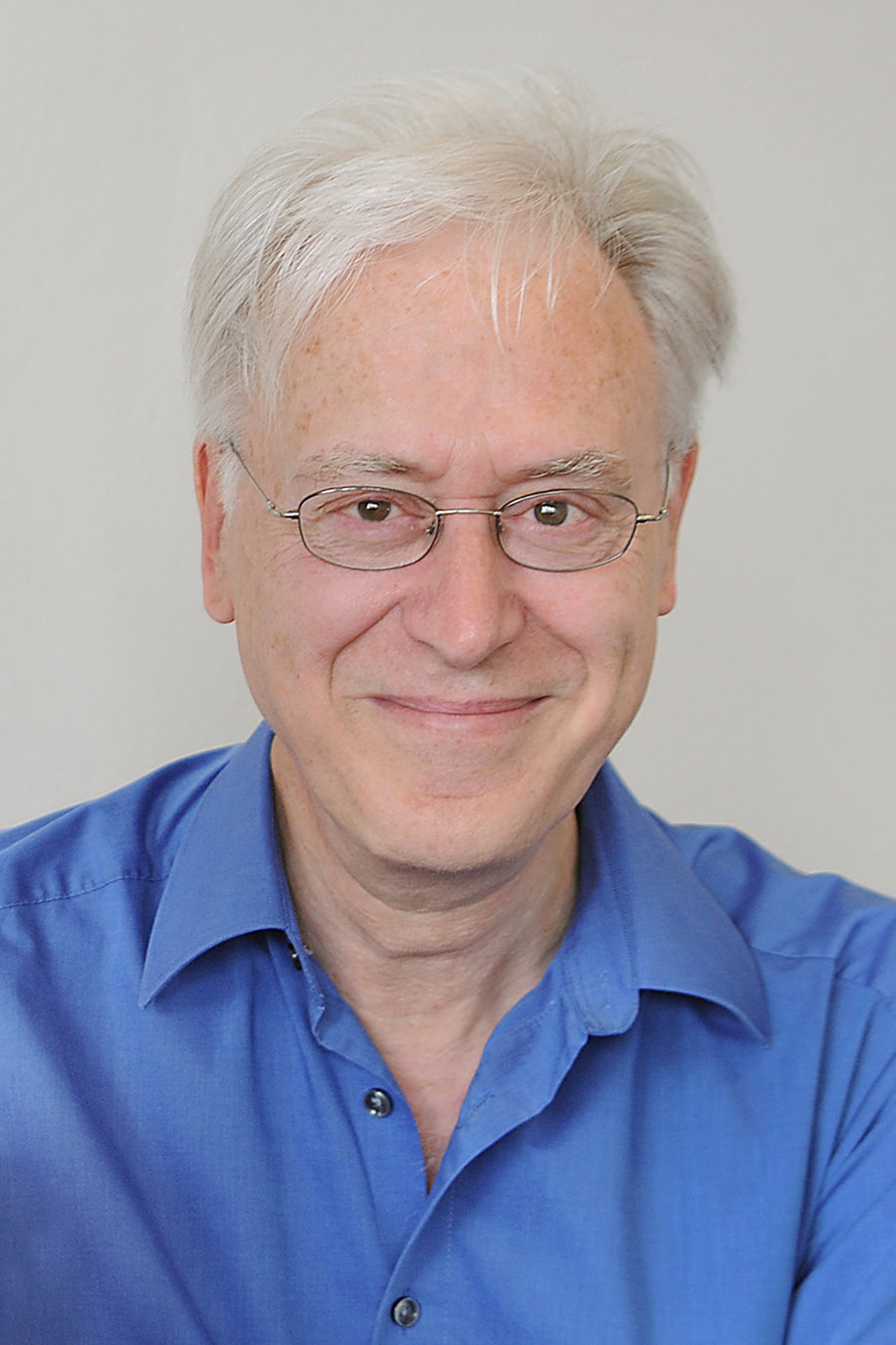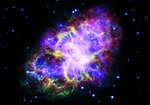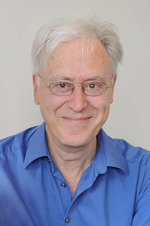Research and more at GSI and FAIR — Program of the lecture series „Wissenschaft für Alle“ in the 2nd term of 2024
12.08.2024 |
The lecture series „Wissenschaft für Alle“ of GSI and FAIR will be continued as a hybrid format in the second half of 2024. Interested parties can either attend the event in the lecture hall of GSI/FAIR following a registration or dial into the broadcast of the event via video conference using an internet-enabled device such as a laptop, cell phone or tablet. The program will begin on Wednesday, August 28, 2024, with a talk about the evolution of the Universe by Professor Karlheinz Langanke of GSI/FAIR.
It began in the first minutes of the Big Bang, when the atomic nuclei of the elements hydrogen, helium and lithium came into being. The universe had to cool down for a further 380,000 years before electrons could be bound to these nuclei and the first elements formed. All other elements in the periodic table originated in stars, except for the heaviest elements, which were artificially synthesized in research centers such as GSI. Stars exploit the property that the fusion of two lighter nuclei to form a heavier nucleus can generate energy, which the star uses to exist in equilibrium for millions to billions of years while also radiating large amounts of energy. At some point, a star has used up its nuclear energy reservoir, then, if it is massive enough, it meets a dramatic fate: it explodes as a supernova, ejecting the elements it has incubated inside into space, where they were used to form life on a small planet around a fairly inconspicuous star.
However, supernovae only produce elements up to the iron-nickel mass range. To make the heavier elements, nature has another trick: by the progressive accumulation of neutrons on seed nuclei, the mass number of the nuclei can be successively increased, whereby this sequence is interrupted by decays in which a neutron transforms into a proton, thus advancing one step in the periodic table. The problem with this trick, however, is that there are actually no more free neutrons after the Big Bang and the star has to produce them on site. This can happen quite peacefully during special periods in the life of stars that are slightly more massive than the sun, or in spectacular events such as the fusion of two neutron stars.
The sun is a fairly common star, but not for us, as we would not exist without it. Today we know a great deal about the sun and have managed to look deep inside the sun using two different methods and test our theoretical ideas about stars, with spectacular success.
The lecture will first discuss the cosmic alchemy of the first almost 14 billion years of the universe. But at the end, Karlheinz Langanke will venture a look ahead to the next billion years and beyond.
Karlheinz Langanke studied physics at the University of Münster, where he received his doctorate in 1980. He then went to the California Institute of Technology (Caltech) as a post-doctoral researcher. From 1987 to 1992 he was a professor in Münster, after which he became a member of the faculty at Caltech. In 1996, he accepted a chair at the University of Aarhus in Denmark. In 2005, he became Professor of Theoretical Physics at the Technical University of Darmstadt and a senior scientist at GSI. There he was also Research Director for several years until his retirement in 2022 and Scientific Managing Director ad interim for two years, in 2015 and 2016. His research focuses on the nuclear processes that take place in stars and stellar explosions. Karlheinz Langanke was awarded the Lise Meitner Prize of the European Physical Society for his scientific work and was elected an honorary member of the society in 2023.
The other lectures of the term also focus on activities at GSI/FAIR, either on science or accelerator topics like the research into superheavy elements or the start of acceleration at the so-called ion sources, or — as is the case with the asteroid discoveries — on activities of employees beyond work. Finally, in December, participants can find out which experiments were carried out at the accelerator facility in 2024 in the Christmas lecture.
The lectures start at 2 p. m., further information about registration, access and the course of the event can be found on the event website at www.gsi.de/wfa
The lecture series “Wissenschaft für Alle” is aimed at all persons interested in current science and research. The lectures report on research and developments at GSI and FAIR, but also on current topics from other fields of science and technology. The aim of the series is to prepare and present the scientific processes in a way that is understandable for laypersons in order to make the research accessible to a broad public. The lectures are held by GSI and FAIR staff members or by external speakers from universities and research institutes. (CP)
Current program:
- Wednesday, 28 August 2024, 2 p.m.
Kosmische Alchemie der Elemente – Die ersten 14 Milliarden Jahre des Universums
Karlheinz Langanke, GSI/FAIR
- Wednesday, 18 September 2024, 2 p.m.
Kleinplaneten-Entdeckungen des Physikalischen Vereins Frankfurt
Erwin Schwab, GSI/FAIR
- Wednesday, 30 Oktober 2024, 2 p.m.
Superschwere Elemente – Künstliche Elemente am Ende des Periodensystems
Michael Block, GSI/FAIR
- Wednesday, 20 November 2024, 2 p.m.
Ionenquellen – Woher kommen eigentlich die Teilchen?
Ralph Hollinger, GSI/FAIR
- Wednesday, 11 December 2024, 2 p.m.
Wer strahlte denn da? – Einblick in den wissenschaftlichen Experimentierbetrieb an GSI/FAIR in 2024
Daniel Severin, GSI/FAIR, et al.
















